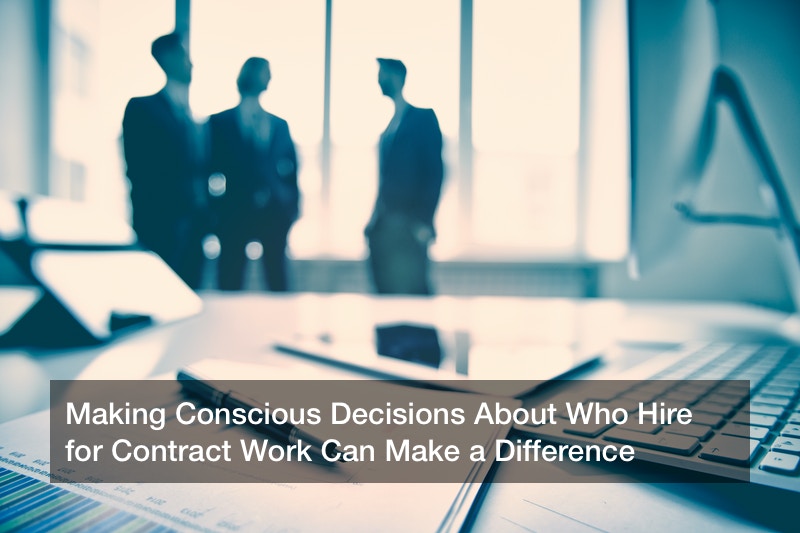

On your second day of living in the state of Mississippi, a neighbor whom you had never met drove up and asked you how you felt about the electrical work in your house. Ignoring the fact that this was such a random question, you simply said that you were not sure but that your father was going to help install some new lighting.
Your neighbor’s response was “Well, you know the Blacks installed it.”
It took you a few seconds to realize what he was saying. At first, you thought he was giving you the name of a reputable electrical contractor. When you finally understood the exact meaning of his comment, you realized that you had entered a new place, one where the movies you had watched and the books you had read about racism in the Deep South were not only non-fiction in the past but now laid bare in front of you in the present. Bare, naked, unabashed racism. You never spoke to that neighbor again. And in an effort to combat that one comment you were determined to make sure that any time you needed work done you would make a point of seeking out African American businesses. Whether you needed some work done after car damaged by hail or you were looking from a plumber, you were determined to be a small change in what you feared were the ideas of many of your neighbors.
For almost a decade while you lived in that state, you had a front row seat to the poverty and systemic, purposeful divide between public and private schools. You had dealt with it in Mississippi, in DC, in Georgia and, again, when your family moved back to Alabama. You wanted your kids to grow up around people of all shapes, sizes, and color. You sent them to the best public schools you could find, because you wanted your kids to grow up with love for other people, all people.
Systemic, generations-old racism exists everywhere, it is not just in the south, that is just where you saw and lived it most intensely. It certainly existed in Germany, too, when you were stationed outside of America. And it is right here in the midwest, where you are living now. Again, you make an effort to not just work with the contractors that your neighbors tell you are the best, but you also make every effort to seek out minority business owners to make sure that you are economically doing your part to make a difference. When it comes to windshield repair, getting a car fixed after a fender bender, or looking for results after a car damaged by hail, you have sought out and returned to the African American businesses that are in your community.
Collision Repair Services Provide Necessary Services
From hring electricians to finding the company to provide the services for a car damaged by hail, every consumer makes a choice where they take their business. And while everyone wants to make sure that they are getting the best work, it is important to note that there are many solutions that can also help support a minority business. Auto body repair shops, electricians, doctors, dentists, and anyone who provides a service plays an important role in the economy fo the nation, but it is important to note that by making a conscious choice about where you do business can make a big difference.
A recent survey found that an estimated 77% of cars were in need of maintenance or repairs. It is likely that there are also many home repairs that are needed as well. Finding a way to support local businesses today is more important than ever before, but consumers who take the extra step and seek out the craftsmanship of people of color can help send an important message.
Distracted driving, drunk driving, and speeding are the three most common causes of car accidents in the U.S. Many of these incidents result in the need for auto body work. And just as you have a choice when it comes time to fix a car damaged by hail, you also have a choice after an accident. Will your choice make a difference?